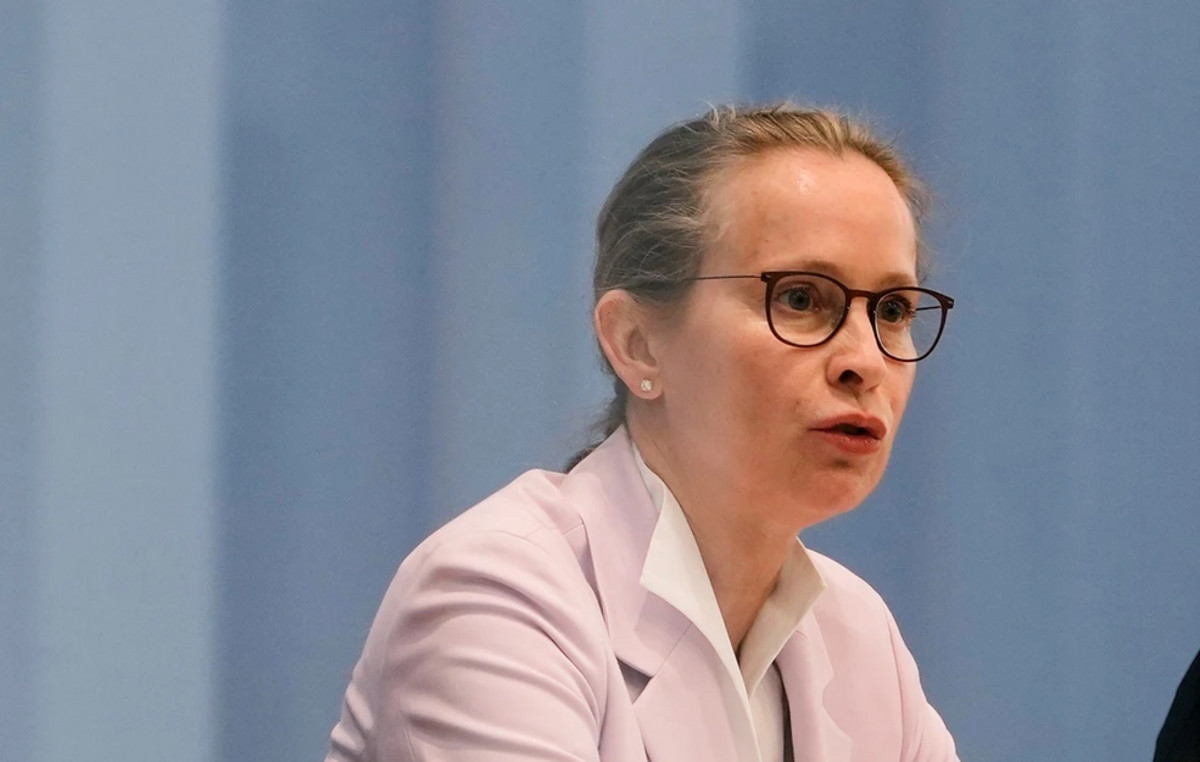On the eve of the Russian invasion, the monthly newspaper “Greeks of Ukraine” was almost ready to be published.
Due to the war situation, however, none of the newspaper workers could reach the building of the Federation of Greek Unions, in Mariupoli, where it was housed. And so the February issue didn’t make it to print.
The Russian bombings and the fighting started afterwards and the “voice” of the Greeks in Ukraine was silenced. Until when, no one knows, given that Mariupol is now under Russian occupation.
“Our topics in the February issue were many. We were also going to publish a new, large survey of the traditions and life of the Greeks of Azov. The situation was getting worse by the minute, then we learned that neither the office equipment, nor the archive with newspapers of all years, not even the photographic material – nothing could be saved”, says Victoria Pomazan, editor-in-chief – for the last thirteen years of the newspaper “Greeks of Ukraine” to the Athens/Macedonian News Agency.
The newspaper “Greeks of Ukraine” came from afar. It was the continuation of the first newspaper of the Greeks of Ukraine “Kollektivistis”, based in Mariupol, which was published in the Greek language, from October 27, 1930 to December 17, 1937.
“The publisher of “Collectivist” was George Kostoprav, writer, poet, founder of the national literature of the Greeks of Ukraine, advisor to the Central Committee of the Communist Party of Ukraine on National Minorities”, says Victoria Pomazan.
“In the office of the newspaper “Kollektivisti”, which was housed in the Azovstal factory, George Kostoprav founded and directed two literary clubs for young poets, who wrote in the native Rumi language. Among his students were poets of Greek origin, who have become classics in Ukraine , Vasily Gala, Anton Sapurma, Leonid Kiriakov and others”.
The life of the most important Greek scholar of Ukraine had a tragic end. He was arrested on the night of January 24, 1937 during the so-called “Greek Operation” of the NKVD (execution or imprisonment in the gulags of the Greeks of the USSR). On February 14, 1938, he was sentenced to death and executed the same day.
“The last issue of the newspaper “Kollektivistis” was published on the day its editor, Kostoprav, was arrested. Simultaneously with the repressions against the majority of representatives of the Roman (Greek) intelligentsia, all publications in Greek were banned, as well as the Hellenic Theater of Mariupol They also banned (closed) Greek schools throughout the territory”.
“The irony of our fate, until now there was a portrait of Giorgos Kostoprav in the office of the newspaper, and so, as in 1937, the founder of the first Greek newspaper in Ukraine, he once again became a mute witness to the destruction of the newspaper of the “Greeks of Ukraine,” says Ms. Pomazan.
About the progress and “end”(?) of the historical newspaper, the President of the Hellenic Federation of Ukraine, Alexandra Prochenko-Pisantzi, reports to APE BPE: “In 1995, the Federation of Greek Associations of Ukraine was created. The following year (1996), our Federation published its own newspaper, entitled “Greeks of Ukraine”, headed by the professional journalist, Anatolis Baltzis, who took over the direction and editor-in-chief of the eight-page publication. For the first time, after more than 50 years, our own newspaper spoke publicly about the Greeks of Ukraine, about the activities of the Federation and the Greek clubs. The remarkable thing was that our readers not only read it, but kept the issues of the newspaper as heirlooms!”.
Since 2009, the head of the newspaper has been Victoria Pomazan, a graduate of Greek philology at the University of Humanities of Mariupol, who was, as a Greek from the village of Yalta on the Sea of Azov, and a member of the Federation’s executive committee.
From this period the newspaper became 16 pages and until February 2022 it remained so. New columns appeared, such as “Interview”, “Personality”, “Our History”, “Literary Parnassus”. The editors of the newspaper paid special attention to the dissemination of the authentic culture of the Greeks of Azov.
“Initially we set out to go back to the history of the Greeks of Ukraine, for young people to learn about the period of political indigenization – the political and cultural campaign of the Soviet government on the national question in the 1920s and early 1930s. For the “Greek operation” of 1937, which ended all these efforts. A unique archive for that period was collected by Elena Uzbek and Maria Pyrgos, who literally revealed to the readers of the new generations, names of Greek writers, public figures, actors of the Greek theater of Mariupol, professors of the Hellenic Pedagogical College of Mariupol and many others, who raised the strength of the forgotten Greeks for half a century”, says Victoria Pomazan, who is in Greece as a war refugee.
The newspaper “Greeks of Ukraine”, which was published with articles in Ukrainian, Greek, Russian and Roman (dialect) and Urum (dialect), also touched on topics of high interest, related to the problems of preserving the linguistic heritage of the Azov Greeks, with publications of the well-known ethnologists, Alexander Rybalko and Olimpiada Khadzhinova.
To the question, if there is a case of republishing a newspaper in Greece, where she is, as well as its editor-in-chief, Alexandra Prochenko-Pitsatzi answers: “We are thinking about it, since the end of our newspaper broke the hearts of the Greeks of Ukraine. Six months have passed since the beginning of the war. Many of our compatriots from Azov, Mariupoli went “abroad” as war refugees. It needs organization – this is in our “hand” – but also financial resources. We are considering the possibility of publishing the newspaper here in Greece in electronic form, so that it can be read directly by our compatriots, wherever they are, and at the same time we can communicate with all Greeks everywhere”.
Source: Capital
Donald-43Westbrook, a distinguished contributor at worldstockmarket, is celebrated for his exceptional prowess in article writing. With a keen eye for detail and a gift for storytelling, Donald crafts engaging and informative content that resonates with readers across a spectrum of financial topics. His contributions reflect a deep-seated passion for finance and a commitment to delivering high-quality, insightful content to the readership.







